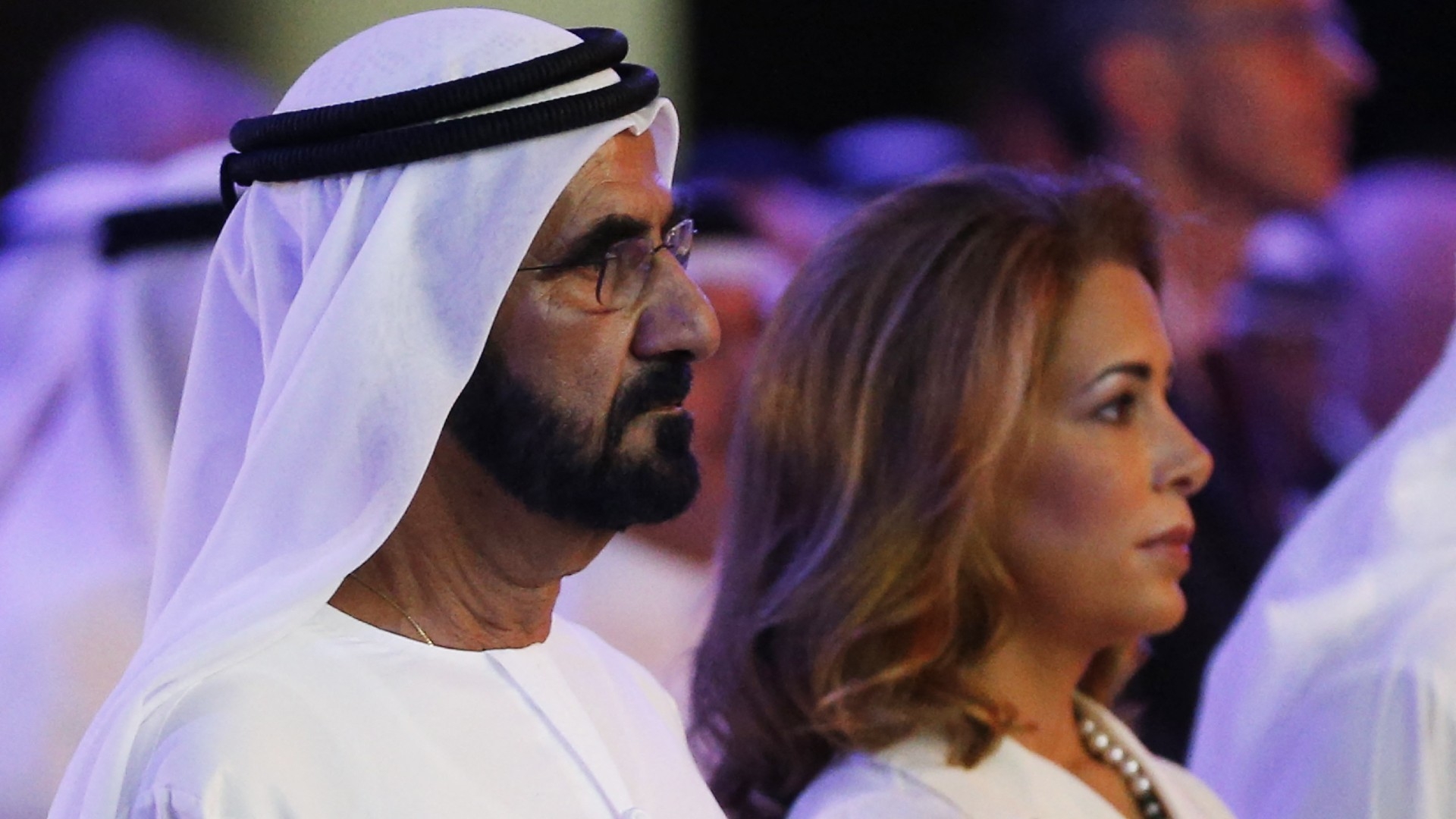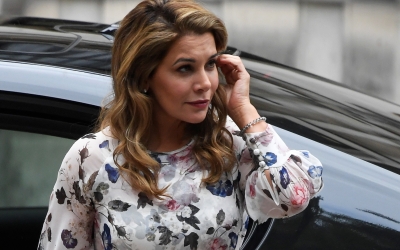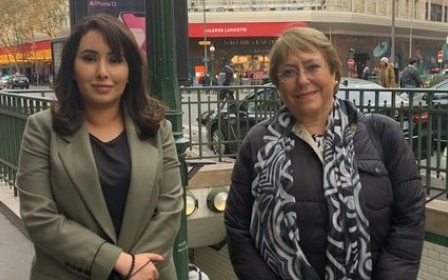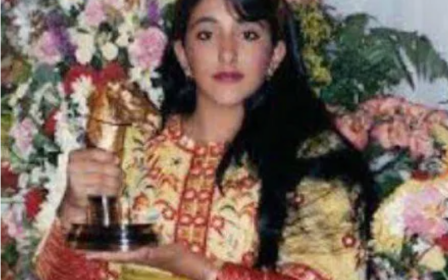UK court grants Dubai ruler's ex-wife custody of their two children

A UK judge has ruled that the emir of Dubai, Sheikh Mohammed bin Rashid Al Maktoum, abused his ex-wife to such an "exorbitant degree" that he will no longer have face-to-face contact with their two children.
In his decision on Thursday, Sir Andrew McFarlane, the most senior family court judge in England and Wales, said Sheikh Mohammed "consistently displayed coercive and controlling behaviour with respect to those members of his family who he regards as behaving contrary to his will".
The ruling caps the end of a three-year custody battle at the High Court in London between Sheikh Mohammed and his former wife, Princess Haya bint al-Hussein, the half-sister of King Abdullah II of Jordan.
The London court previously ruled the Dubai ruler had made Haya fear for her life, had abducted and mistreated two of his daughters by another marriage, and had ordered the phones of Haya and her lawyers, one a British politician, to be hacked using Pegasus spyware.
'The father's behaviour towards the mother of his children is domestic abuse'
- Sir Andrew McFarlane, judge
The court has also determined that Sheikh Mohammed, the vice president and prime minister of the United Arab Emirates, must provide $730m for the children's long-term security and maintenance.
New MEE newsletter: Jerusalem Dispatch
Sign up to get the latest insights and analysis on Israel-Palestine, alongside Turkey Unpacked and other MEE newsletters
In his final ruling against the Gulf royal, McFarlane said Sheikh Mohammed displayed behaviour "on a scale which is entirely outside the ordinary circumstances of cases heard in the Family Court in this jurisdiction, the father's behaviour towards the mother of his children is 'domestic abuse'."
Haya alone should determine all matters relating to the education and health of the couple's two children, Jalila, 14, and Zayed, 10, with Sheikh Mohammed merely kept informed, the judge concluded.
His relationship with the children will be limited to phone calls and messages after Sheikh Mohammed himself decided not to pursue direct contact with them, McFarlane said.
'Circumstances are well outside the ordinary'
The judge criticised Sheikh Mohammed's behaviour in the litigation, stating that "His Highness's behaviour towards the mother… whether by threats, poems, coordinating press reports, covertly arranging to purchase property immediately overlooking hers, phone-hacking or in the conduct of this litigation, has been abusive to a high, indeed exorbitant, degree."
"Despite the court's findings, in no respect has His Highness accepted that any of this behaviour has either taken place or that he has had any part in orchestrating it."

There was no immediate comment from the London spokesman for Sheikh Mohammed, who himself has played no part in the court proceedings.
The saga between the royals began shortly after Haya fled to Britain in April 2019, fearing for her safety following the discovery she was having an affair with a bodyguard.
She was later blackmailed by four members of her security team while Sheikh Mohammed orchestrated a campaign of intimidation against her, and later hacked her phone and those of her lawyers, previous court findings have shown.
"The circumstances in which the mother has been forced to provide care for the children since their arrival in England are well outside the ordinary," McFarlane said.
"The need to avoid any chance that the children may be abducted has meant that their lives are most tightly confined."
Middle East Eye delivers independent and unrivalled coverage and analysis of the Middle East, North Africa and beyond. To learn more about republishing this content and the associated fees, please fill out this form. More about MEE can be found here.




